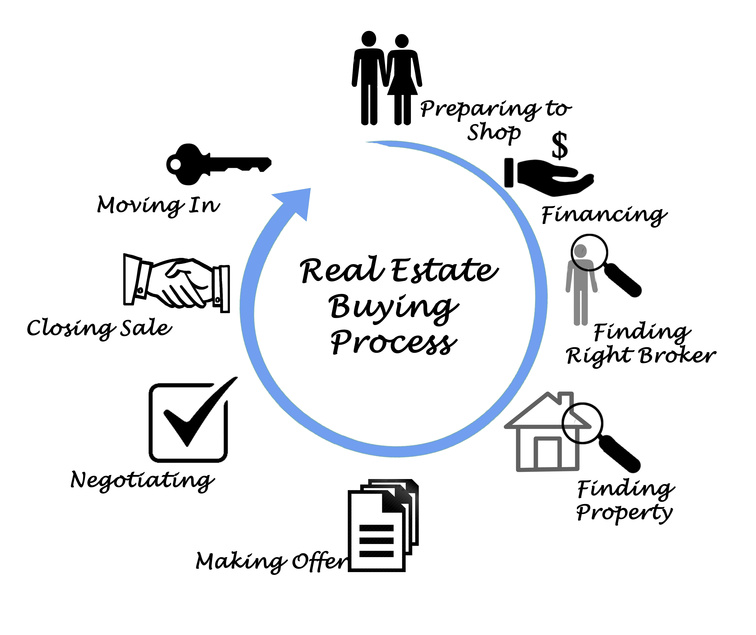Hard Cash Lenders Explained: Fast Money Solutions for Residential Property Customers
Tough cash lenders have become an essential resource for residential or commercial property customers looking for quick funding options, specifically in scenarios where traditional borrowing avenues may fall short. These loan providers prioritize the value of the collateral rather than the creditworthiness of the borrower, allowing expedited approval processes. However, while the advantages of swift accessibility to funding are obvious, prospective risks call for careful consideration. Understanding when and just how to involve with hard cash loan providers can dramatically affect your investment strategy and end results. What variables should you weigh before making such a decision?
What Are Tough Money Lenders?
Difficult cash lending institutions are specialized banks or people that supply short-term finances secured by realty. These lenders commonly concentrate on the value of the building instead of the customer's credit reliability, making their solutions particularly interesting investor and those in need of fast financing. Unlike standard banks, difficult cash lenders commonly offer much faster approval processes and less rigorous documentation requirements, enabling debtors to gain access to funds swiftly.
The lendings offered by tough cash lenders are generally taken into consideration high-risk because of their short duration, which generally varies from a couple of months to a couple of years. As a result, these finances frequently come with higher rates of interest compared to traditional financing alternatives. Hard money financing is especially common in realty purchases where time is essential, such as buying distressed homes, funding remodellings, or closing deals quickly to safeguard investment chances.
Just How Tough Cash Financings Work
In the world of realty funding, tough cash finances operate as a sensible remedy for borrowers requiring fast accessibility to capital. These loans are generally secured by genuine property as opposed to the borrower's creditworthiness, which permits expedited approval processes. Tough cash lenders assess the worth of the residential property being funded, often requiring an appraisal to determine its market well worth.

Tough money loans have shorter terms, typically varying from one to five years, and they usually feature higher rates of interest compared to conventional car loans. The repayment framework can also vary, with some finances needing interest-only settlements throughout the term.

Advantages of Tough Money Borrowing


One more considerable advantage is the flexibility of hard money car loans. Lenders are generally extra happy to work out terms based upon the specific requirements of the customer why not try these out and the building concerned. This adaptability can include variations in funding quantities, settlement schedules, and rates of interest.
In addition, tough cash car loans are mainly secured by the value of the property itself instead of the borrower's credit reliability. This enables individuals with less-than-perfect credit rating to access funding. Tough money financing can serve as a beneficial device for residential property rehabilitation jobs, enabling capitalists to swiftly obtain and improve distressed residential or commercial properties, therefore optimizing their financial investment potential.
Drawbacks of Difficult Money Borrowing
While hard cash providing deals several benefits, it likewise comes with significant disadvantages that potential debtors need to carefully take into consideration. One considerable downside is the high interest prices connected with these finances. Unlike standard funding, tough cash finances typically include rates that can exceed 10% to 15%, reflecting the lender's boosted threat.
Furthermore, the financing terms are generally short, ranging from a few months to a few years, which can produce pressure for consumers to offer or re-finance rapidly. Failing to do so might result in economic pressure or repossession. Moreover, hard cash lenders usually concentrate extra visite site on the property's worth than the debtor's credit reliability, which can result in much less favorable terms for those without significant equity or a strong property.
One more concern is the possibility for covert costs and shutting costs that may not be promptly obvious. These expenses can additionally escalate the general expense of loaning. Finally, the absence of regulative oversight in the difficult cash offering market can cause predatory borrowing practices, making it important for customers to carry out thorough due persistance before committing to a car loan.
When to Consider Hard Cash Financings
When confronted with immediate financing requires or one-of-a-kind building circumstances, borrowers might discover difficult money financings to be a viable service. These car loans are specifically advantageous in circumstances where typical funding options are minimal or unwise. For example, investor looking for to take advantage of time-sensitive possibilities, such as distressed buildings or public auctions, usually turn to hard money lending institutions for fast accessibility to funds.
Furthermore, consumers with less-than-perfect credit report or unusual earnings resources might struggle to protect conventional car loans - hard money lenders in georgia atlanta. Difficult cash lenders usually concentrate a lot more on the worth of the property being made use of as collateral than on the consumer's creditworthiness, making these financings easily accessible to a wider series of applicants
Furthermore, difficult money financings are helpful for those wanting to fund improvement tasks or fix-and-flip financial investments. The capacity to get funds swiftly permits customers to launch projects right away, potentially raising their return on financial investment.
Verdict
In summary, hard money loan providers function as a crucial source for residential property purchasers requiring immediate financial solutions. The focus on residential or commercial property worth enables for expedited approval procedures, dealing with those encountering unique property challenges. While higher rate of interest and potential threats are intrinsic, the advantages of speedy access to capital and adaptable terms usually outweigh these downsides. Comprehending the scenarios his response where difficult cash loans are appropriate can enhance financial investment opportunities in the real estate market.